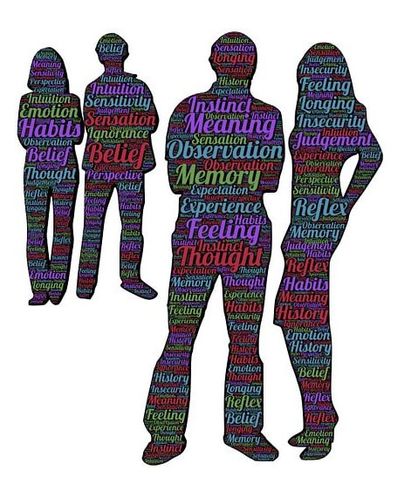 PSYCHOLOGICAL ABUSE IN RELATIONSHIPS STARTS WITH COERCION The term ‘Abuse’ is marked by the 'prolonged and repeated' use of fear, control and coercion to get an 'egoic' need met. An egoic need, it is something ‘we think we need’ and often results in a strategy of defending an ideology or belief; putting up walls of judgement and defence, instead of connecting to ourselves or others with empathy. For instance, the simple belief that ‘I am right’ might close the mind to hearing other perspectives and opinions. Or a belief that ‘I am trapped’ for example, might lead one to trap others as a form of feeling less trapped themselves - particularly in their relationships. Addressing and changing these types of beliefs and behaviours is part of why we engage in relationships and. Growth within healthy relating, happens through skillful communication. If behaviours of coercion or control persist, without consent one could label it as abuse. MINDFUL AWARENESS - WE DO IT TO OURSELVES Some internal beliefs get stuck through being unaware of them. Mindfulness invites us to recognise the mind/body and gradually increase our awareness of the Sensations, Emotions, Impulses and Thoughts (SITE). This can help us to recognise our internal beliefs and respond to them - to reshape them without violence. With this level of awareness any internal stress reaction or external coercive behaviour can be more easily recognised early. By positive I mean one that generates an outcome that is beneficial to all, like a kind and honest conversation. COERCION VS CONSENT + COMMUNICATIION The opposite of coercion is respectful consent - the voluntary giving of one's time, energy and attention. I often say that my acronym for L.O.V.E is to ‘Let One Voluntarily Express’. It starts within each of us, to notice and allow own internal mind stuff to be there, without knee-jerk reaction of suppression or projection. We can then more effectively investigate it, understand it and either 'let it be' or change it gradually, without violence. This makes it easier to allow other people to express themselves and creates space for both people to 'be' (themselves) and see any coercive behaviour early. Skillful communication comes with honest 'yes's' & ‘no's’ (boundaries) A 'no ' needn't mean complete rejection and can still make it likely for a win-win situation to occur, because it is honest. Real intimacy happens through sensitive and courageous honesty; allowing relationships to become even more beautiful because of the flaws and vulnerability involved in letting go of control. It can see very scary to do these things, at first. "One had to cram all this stuff into one's mind for the examinations, whether one liked it or not. This coercion had such a deterring effect on me that, after I had passed the final examination, I found the consideration of any scientific problems distasteful to me for an entire year."  WE ARE ALL ABUSED AND ABUSERS All of us have been too under-resourced (of time/energy/awareness) at times, to deal with the internal stress responses and be aware of deeper feelings. There might be a feeling of insecurity. In this state we sometimes forget that we don’t need external validation to be 'ok' and we might begin to use coercion to get it, even on those close to us. On the receiving end, if we then do things that the body doesn’t want it can cause pain and damages our own self-trust, as well as the relationship trust. Sometimes one might then blame the other as ‘abusive’ or label ourselves as ‘a victim of abuse’. It is important that we ARE allowed to do that, so that we can seek help and/or retreat and protect ourselves in the first instance and gain perspective. The danger comes in dwelling in a place of stress reactions, including blame and shame, without noticing our belief patterns and the truth of them, thereby developing internal patterns of abuse, such as these: 1. Initially one shuts down emotions and disconnects from bodily senses. Numbing the pain ‘seems’ better - but of course pain is your body’s way of telling you ‘no’. We let fear and expectations rule our responses more often than listening to the body and responding with respect. 2. With repetition gradual conditioning occurs, rewiring the brain for external validation. We do this to ourselves and each other by repeatedly overriding the body without taking time to understand the true source, One might get a misunderstanding that the source of pain is external, and seek to rescue ourselves by trying to appease an abuser or get approval externally. 3. One develops craving and addiction (or co-dependence) to the role or the ways of relating/thinking, or even to a abusive person. When this role/relationship is threatened life can suddenly feel terrifying. Feelings of fear, anxiety, abandonment and hopelessness can occur - this pain and confusion is because one’s safety has become associated with the role and relationship. 4. One becomes a passive ‘doormat’ and unconsciously feeds the abusive pattern. Eventually the addiction becomes normal and familiar. We seek out relationships that supply similar behaviour. The neurological pathway of that pattern is well used, and becomes like a slide back to the negative behaviour. Humans like ease, familiarity and certainty, because it takes less energy and helps them feel safe. 5. Fatigue sets in, through holding unconscious resentment and fear/distrust. Without awareness of the true source of pain hopeless beliefs emerge and these sap vital energy. The fear underneath is held as tension in the body and anger in the mind and will eventually emerge, often violently, if not dealt with as early as possible. This is the body’s way of defending itself, but it’s a risky strategy for physical and mental health for everyone involved. Long term tension is destructive. 6. Eventually one loses / forgets one's deeper identity as a beautiful and inherently valuable being. When we are conditioned to identify as hopeless we may think we ‘deserve’ the abuse / pain. This is deep shame; humiliation or distress at one's own condition or existence. Toxic beliefs of ‘I’m not good enough’ or ‘I’m a liability’ can become normal. This can lead to depression, chronic anxiety, panic attacks and even homicide or suicide. 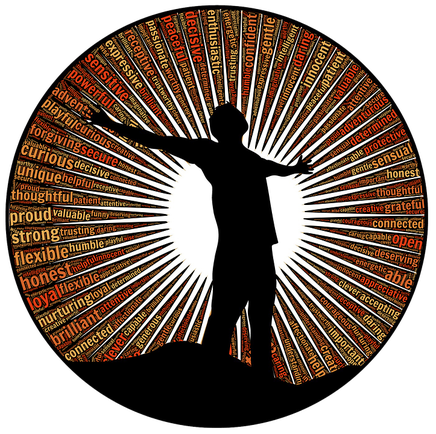 IT TAKES COURAGE TO LET GO OF BLAME AND CHANGE SOMETHING I’ve seen people emerge from the depths of this shame-blame cycle to recover and become resilient, happy individuals with healthy relationships. This article is not concerned with ‘who’ is at fault, but is interested in helping each of us recognise our potential to help ourselves and one another. We can trace the origins of abuse back thousands of years and never get to the source at fault, because the source is always ourselves. Alan Watt’s calls this “The Birth of Responsibility” - seeing that hurt people, without mindfulness and love, always hurt other people, and we can only change that by working on ourselves first. I’ve laid out some ways to do that here: 1. Gradually raise awareness of emotions through regular check-ins and diary entries. Regular Guided Meditation is a great way of tuning in, especially if you are out of practice. It also may help you realise your current needs (like rest) and then you can plan to meet them. Once you are aware of needs and emotions, expressing them is the next step - releasing tension is important. Find healthy catharsis for the emotions. Eg, for anger try a ‘hand scream’ or a ‘fuck-this’ meditation. To promote calm try conscious breathing and create some space for perspective in your day, even if that is only 1 minute, to FLIT between tasks - take a mindful moment to breathe and listen in. Writing things down has helped me and many others understand themselves. It may be painful and messy at first, as we become more aware of the pain. With time and acceptance we can change. 2. Reaffirm to yourself that you’re enough and you’re OK. Silence can sometimes make the negative voices and beliefs even louder and stronger, at first. Find ways to give yourself affirmation - ways where you really feel it, without the need of another. Imaginative Meditations like Metta Bhavana (Loving Kindness) is one method. The STOP technique can help you find a balanced truth and the NOD technique may help you reconnect to an image of yourself/your future that feels positive and helpful. 3. Educate yourself of the drama triangle roles you play. Simply ask yourself 'what role am I playing right now?' and then continue to play it, whilst observing with humour and interest. Awareness and allowing is enough to relax one’s hold of the masks one wears and projects onto others. Gradually this will help us let go of the game of ‘name, blame & shame’ and the pattern of ‘hurt people hurting people’. It will create beauty and stop us feeding the drama of victim-critic-rescuer roles. I learned this from Fooling - the recognition that we are all fools and that’s OK. Let’s make the pretence conscious and be interested in our mind’s coping mechanisms. 4. Notice addictions/patterns, and yield to them mindfully, whilst processing them. Instead of shutting them down (which is very tiring, because it takes willpower), experiment with them - go into them consciously to really feel what it is like to experience them. Take your time. Afterwards feel the aftermath, ask yourself if this pattern of behaviour and underlying beliefs serve you. Use the NOW process to then resolve a new way forward. Feel this fully too. By recognising the triggers of the TRAP we can then use other tools like ‘Mental Contrasting’ and ‘RE-ANCHORing’ to overcome addictions mentally, with loving repetition. 5. Enforce one's boundaries. Say no often! A vital skill that can only be learned by experience. Saying no will allow you to get space and perspective, to distinguish your feelings from your judgements and projections. If this feels terrifying try practicing outside of your normal relationships first, as detailed in rejectiontherapy.com. Ask for things from friends or strangers. See what it's like to receive honest answers, including rejections. Getting and giving a ‘no’ is often not as bad as one thinks it is - try it! This will help you give healthy boundaries within your relationships. You can always change your mind. And finally, perhaps most importantly...  6. Share yourself - ask for help or talk to a trusted friend. If you feel deeply lost in shame then using these tools with another person’s help greatly increase their effectiveness. When we are lost in confusion it often helps to have an outside perspective. When our pain is witnessed, with openness and kindness, it often helps us to accept ourselves and let go of it. Seeking professional help is always an act of self-love. At the very least seeking a trusted friend to confide in, because pain shared is pain halved and happiness shared is happiness squared! Abuse resource - if you need urgent help. 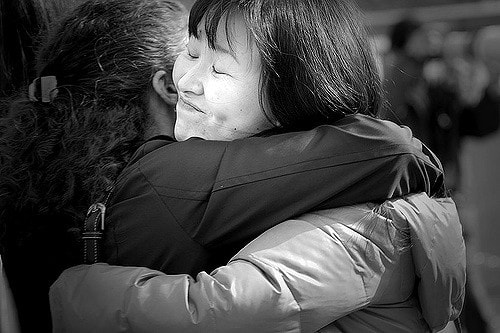 Hugging usually helps! Hugging usually helps! The psycology of abuse from Psychology-Today states: “Here's the thing. It all comes back to us, to our responsibility and accountability. But, in this case, it comes back to responsibility to ourselves and accountability to ourselves. Instead of just riding the wave, if we choose to mindfully examine the nature of our relationships and make a determination of what is acceptable and not acceptable to us, of what feeds us, rather than bleeds us, then we are living, and loving, authentically and with mindful awareness.” I hope you enjoy these tools and if you are noticing that you are falling into the trap of coercion or abuse come and see me for 1-1 guidance and get yourself out of the negative pattern, with love. [email protected] "Truth resides in every human heart, I work with many varied clients, some who experience abuse. My personal and professional relationships have been varied and often involved low level coercion. This has all helped me grow in wisdom. Some of this growth has been painful. I have sometimes misunderstood the pain in relationships and become confused and stressed, reacting with blame and I've learned from those experiences, to communicate better and become more aware of what's happening in me.
I propose that our primary relationship and source of wisdom is actually within ourselves and we become most reactive at our own stress-induced thoughts. The base reactions are known as ‘Fight, Flight, Freeze’ and Appease. One tactic of these stress-reactive states is ‘coercion’ (from Latin coercere ‘restrain’, from co- ‘together’ + arcere ‘restrain’). A stressed mind that fails to meet a need through coercion may escalate to more violent forms of defence and control (like physical abuse) which is not discussed here. This article seeks to raise awareness, so that early stages of internal and external coercion can be resolved and transformed away from stress, blame and shame and into awareness, wisdom and intimacy.
4 Comments
|
AuthorsNeil Morbey is a meditation teacher, group facilitator and inspiration guide for Positively-Mindful.com Blog Index
Archives
May 2024
|
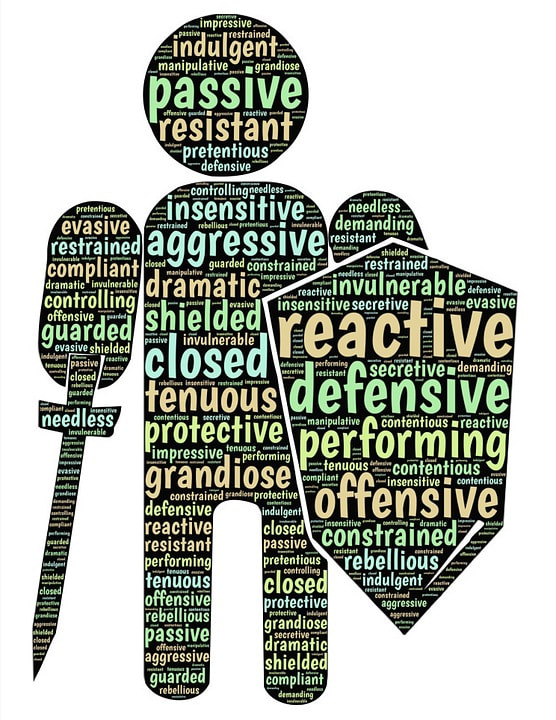
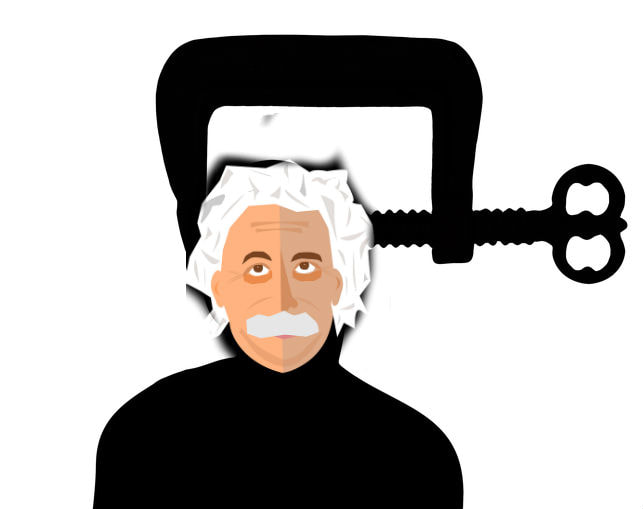
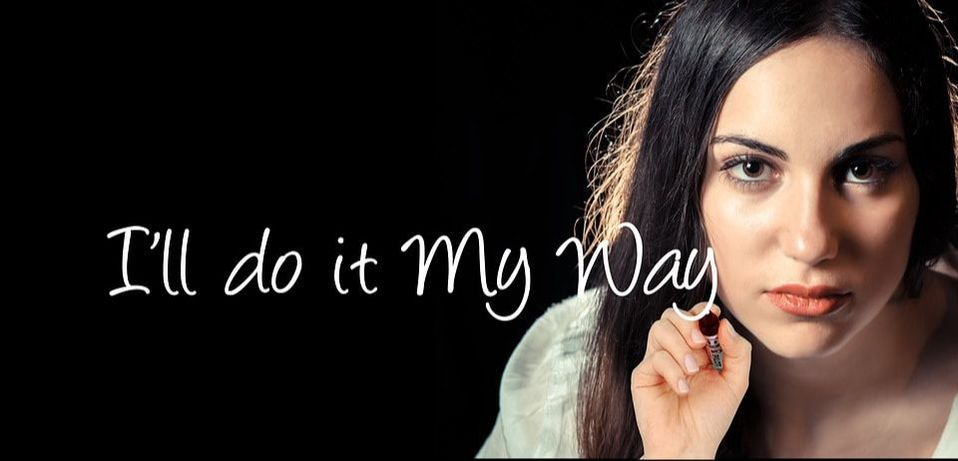
 RSS Feed
RSS Feed